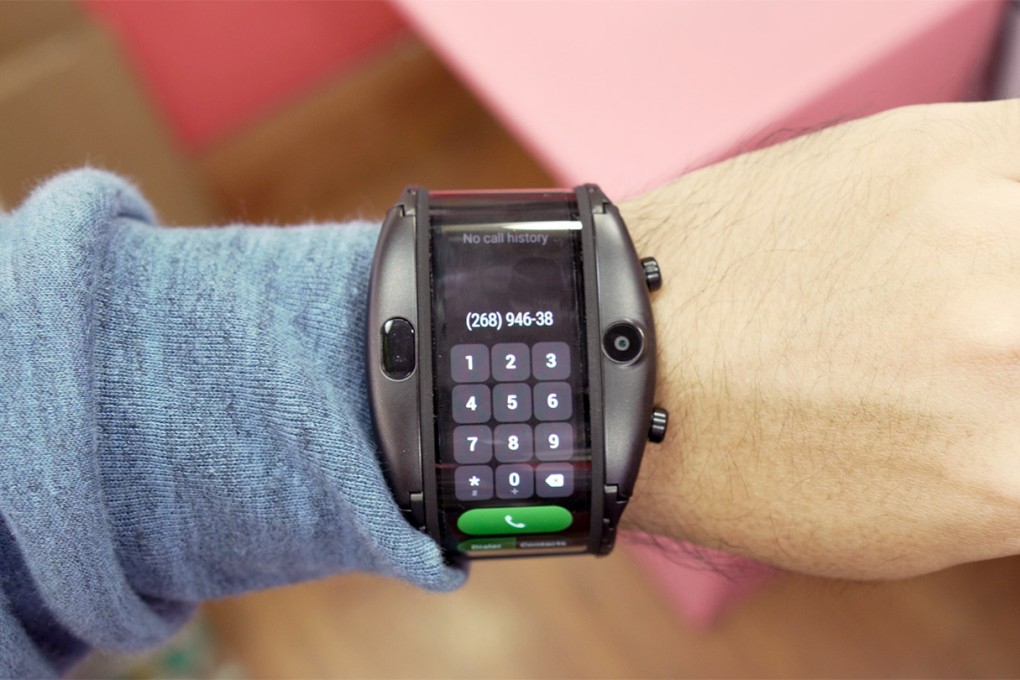The Nubia Alpha is a smartphone for your wrist
The world's strangest-looking smartwatch has a long flexible display and a selfie camera

I finally had the chance to strap a very strange device to my wrist. It has a 4-inch flexible OLED display and a camera on the front for taking selfies. It can also make phone calls and respond to air gesture controls.
The Nubia Alpha is either a wearable smartphone or a giant smartwatch, depending on how you look at it. The device comes from once-ZTE subsidiary Nubia, and it's safe to say there's nothing else like it.
Check out Nubia Alpha on Amazon

First, let’s discuss the specs. The watch runs on a Snapdragon Wear 2100 with 1GB of RAM and 8GB of onboard storage (and no SD card slot). According to Nubia, the non-removable 500mAh battery can last a week in battery saving mode, but it’s not clear how well that holds up in real-world usage.
In terms of looks and features, though, the Nubia Alpha has no peer. With a flexible display that curves around the wrist, the device doesn’t look like a typical smartwatch. Even wearing it made me feel like I had a futuristic piece of tech on my wrist.